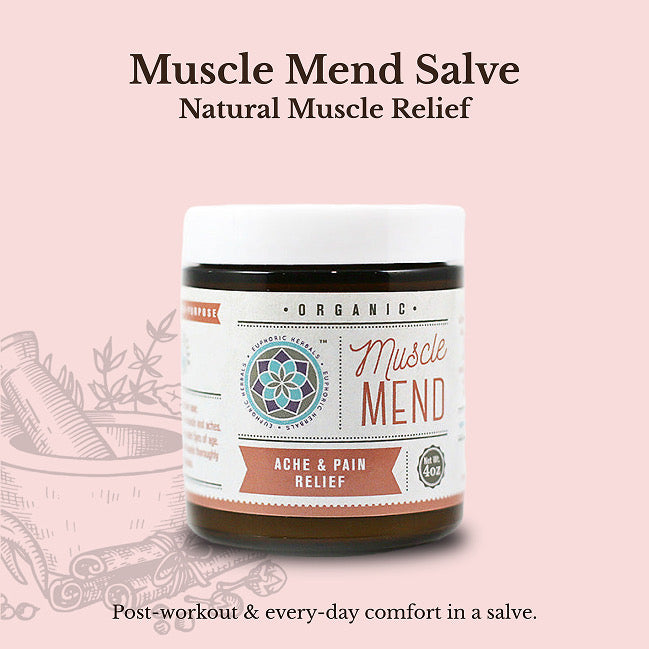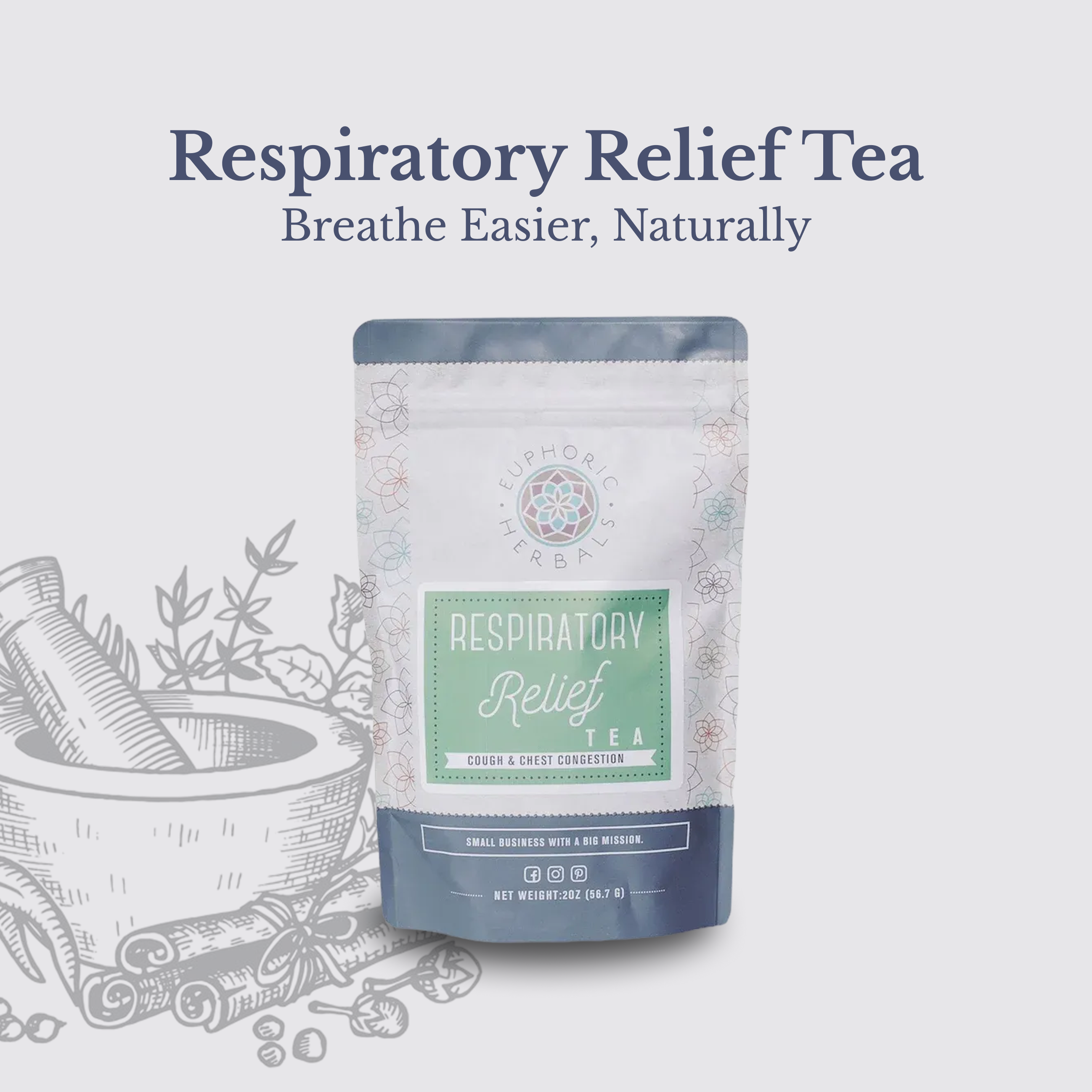Lavender is one of the most popular and most used herbs for health and beauty with well-known calming benefits. Putting a sachet of it under your pillow is an old sleep remedy.
Known for both its fragrance and healing properties, lavender has been a staple in herbal medicine for thousands of years.
Its name comes from "lavare," which is Latin for "to wash." This speaks to the belief of ancient cultures like Rome and Greece that lavender purified body and mind. It remains popular today as both an herb and essential oil.
Here's more about lavender, its benefits, and how to use it for your health.
More About Lavender
Lavender is originally native to the Mediterranean, Arabian Peninsula, and Russia. It's now commonly grown all over the world. (1)
Lavender is a purple-flowering plant belonging to the mint family. It provides food for bees and butterflies as well as scent and medicine for humans.
There are several different types of lavender, but the two most commonly used medicinally are Lavandula officinalis and Lavandula angustifolia. Most often the flowers are used in herbal preparations, but the leaf can be used as well.
If you choose to grow lavender, harvest the flowers just as the buds are starting to open. Any longer and the flowers start to lose their medicinal properties. (Rosemary Gladstar. Medicinal Herbs: A Beginner's Guide, pg. 150)
Whether you choose to use it fresh, dried, or as an oil, here are the major benefits you can expect from lavender.
Lavender Benefits
Better Sleep

One of the most famous benefits of lavender is its ability to improve sleep and relieve insomnia.
Lavender has a calming effect and acts as a mild sedative to improve sleep quality and calm restlessness. It is frequently used as an oil for aromatherapy or in a tea. Either method will calm your nervous system and help your body to rest.
A few studies have shown that aromatherapy with lavender oil significantly improves sleep quality. (2)(3) It can also increase the duration of sleep and does not come with the side effects that many sedative drugs have. (4)
If you want to try lavender oil for sleep, run a diffuser with lavender an hour or two before bedtime. You can also add the oil to a warm bath or apply it diluted to your neck and feet.
Or you can go with the old remedy and sleep with lavender under your pillow.
Calms Stress and Anxiety

Because of its calming effects, lavender also has benefits for relieving stress, tension, and anxiety.
Lavender is a traditional remedy for anxiety that has been used for centuries. A cup of lavender tea or a lavender bath can significantly reduce stress.
Modern research is confirming the traditional use of lavender for generalized anxiety disorder. It has also been shown to relieve symptoms of depression and generally improve mental health. (4)(5)
In addition, a small study showed that lavender has great potential for relieving symptoms of PTSD. (6)
Pain and Headache Relief

Lavender has often been used with other herbs like feverfew, peppermint, and lemon balm as a traditional headache remedy.
It particularly works for headaches because certain compounds cause relaxation and a release of tension while others, like linalool, act as an anti-inflammatory and pain-reliever. (7) Lavender oil has been shown to relieve headaches just by inhalation, but it can also be applied to your neck and temples. (8)
Alternatively, you can take lavender in a tea like this Headache Releaf blend where it's combined with other herbs.
Lavender oil can also be effective for other types of pain. For examples, massaging it into the lower back and abdomen can relieve menstrual cramps and pregnancy pains. (9)
Healing and Soothing to Skin
There's a reason why lavender is such a popular ingredient in skincare products, and it's not just because of fragrance.
Lavender's calming and soothing benefits apply to skin as well. It can soothe irritated or inflamed skin and has antimicrobial properties that can help with acne. (10) Lavender also has antioxidant properties that keep skin healthy and fight signs of aging.
In addition, lavender is one of the most gentle herbs for skin, benefiting even sensitive skin. It can be found in many skin care products like soap, lotion, baby balm, and face washes.
Lavender was traditionally used as a bath for newborns, yet is powerful enough to act as an antimicrobial in a healing salve. (Gladstar, pg. 151)
Healing for Burns and Wounds
Lavender's power to soothe and protect skin extends to more serious issues like burns, scrapes, and wounds. Lavender oil has been used for centuries to heal and disinfect damaged skin.
It has long been recognized in the herbal world as an antiseptic, antibacterial, and anti-fungal agent, which is now being backed up by studies. (10) These and other properties contribute to its skin-healing powers. (11)
Hair Growth
There are some indications that lavender essential oil rubbed into the scalp could promote hair growth. (12) Its benefits for skin certainly extend to the scalp.
Lavender is also a popular ingredient in natural shampoos because of its ability to cleanse hair and support a healthy scalp.
Supports Digestive Health
In addition to having anti-inflammatory properties, lavender also acts as an antispasmodic to calm digestion and spasms. It can be taken as a tea for indigestion, stomach cramps, and other digestive issues.
Using Lavender for Health Benefits
There are many ways to use lavender. The easiest at-home uses would be as an oil, in a tea, or in a calming bath.
You can buy lavender essential oil and use it for many of the health benefits listed in this post. Just dilute it according to the ratio on the bottle and use as needed.
To make lavender tea, just add 1 cup of hot water to 1 tsp. of dried lavender. Let it steep 10-15 minutes before straining and drinking. Lavender on its own can be a very strong flavor, so consider adding herbs like mint, chamomile, or lemon balm to the tea as well.
For headache relief, you can also use this pre-made herbal mix that includes lavender.
For a calming and soothing bath, you can either use a few drops of lavender oil or put dried lavender in an old nylon, muslin bag, etc. and add it to bath water.
Precautions and Side Effects
Lavender is a very safe herb to use with generally no side effects.
Some people are allergic to lavender. Discontinue use if you have symptoms such as a skin reaction, upset stomach, or trouble breathing.
Speak with a health care professional before using if you have a medical condition or are taking prescription medication.
Discover the Benefits of Lavender
There is so much to love about lavender and so many benefits packed into one herb.
You can use it for sleep, to calm stress and anxiety, to relieve a headache, or to help damaged skin heal. Try it for yourself as an herb or an oil and discover why it remains one of the most popular herbs in use!
























































































































































































